Barriers to transmission development.
Things outside the developer's (and government's) control.
Of course they mean landowners and community opposition to unneeded new transmission corridors. They don't even think of you as people.
DOE wants to let transmission developers have free reign to take whatever privately owned land they want to install new transmission.
DOE also wants these transmission developers to build a whole bunch of new transmission roads to nowhere. I'm talking about merchant transmission, where developers put up their own capital to build projects based on market need. The "market" would be voluntary customers who think the project is so useful that they are willing to pay for it. There is no "market" without voluntary customers, that's where the risk to merchants comes in. If they spend a bunch of money developing a project that does not attract customers, then the project is never built because there's no need for it. The merchant loses his investment (just like Clean Line Energy Partners, who blew $200M on a suite of projects that never attracted customers). But wait... DOE is going to use YOUR tax money to sign up as a customer on all these projects that have attracted no customers. DOE isn't actually going to use the transmission, it's not going to take any electricity from the project. It's just going to sign up as a customer and then try to unload the capacity on real customers at some point in the future. But what if no customers show up... ever? You'd think if there was an actual market need, the real customers would have shown a prior interest in the project and DOE would never have to step in. What makes DOE think that these uninterested customers are going to develop a sudden need for this transmission once it's propped up with your tax dollars? Common sense says this isn't going to happen. In that instance, the transmission project will never be used. What does the developer care? He's only in it for the money and DOE is paying handsomely. And the transmission line will become a literal road to nowhere. Just an eyesore that nobody ever uses.
Are we actually trying to build used and useful transmission here? Or are we trying to build transmission for transmission's sake alone? Is transmission going to become the next boondoggle profit center for investors who want to take over the world?
Sure appears that way. Market-based transmission without a market. Roads to nowhere. Billions of your tax dollars simply wasted.
I think these people are quite insane.
Sorry, it's not going to be that easy. Your plan is going to fail... because of us.
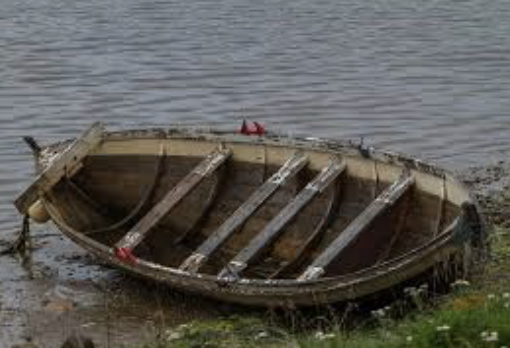
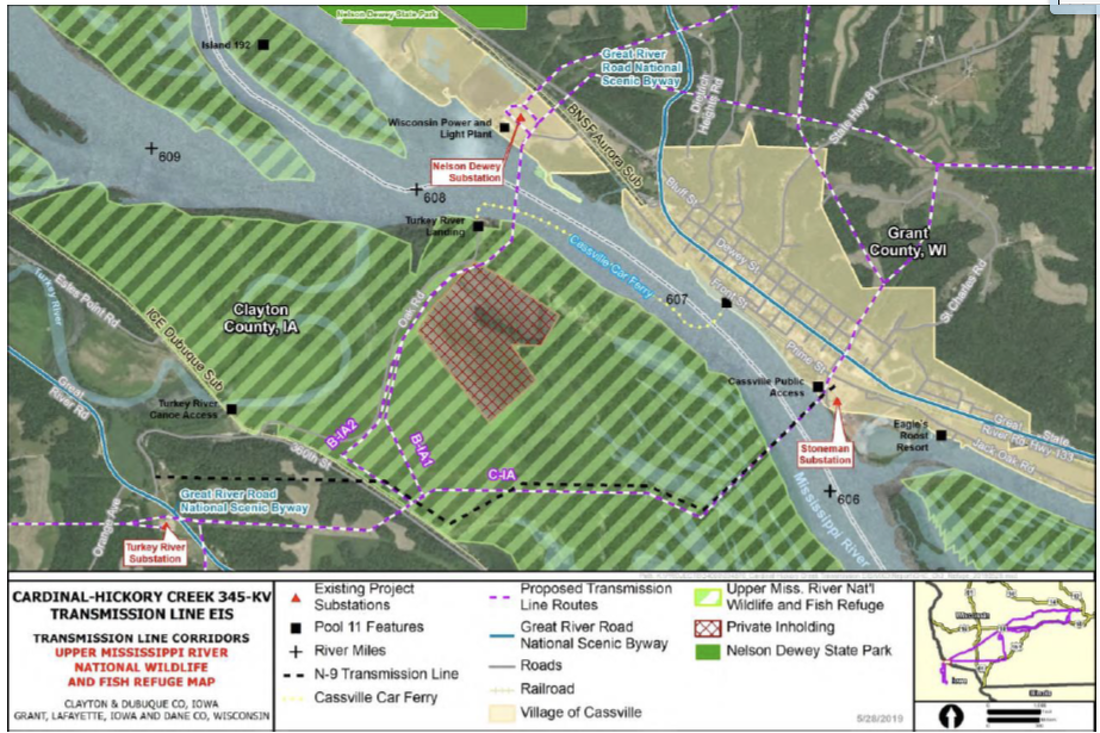



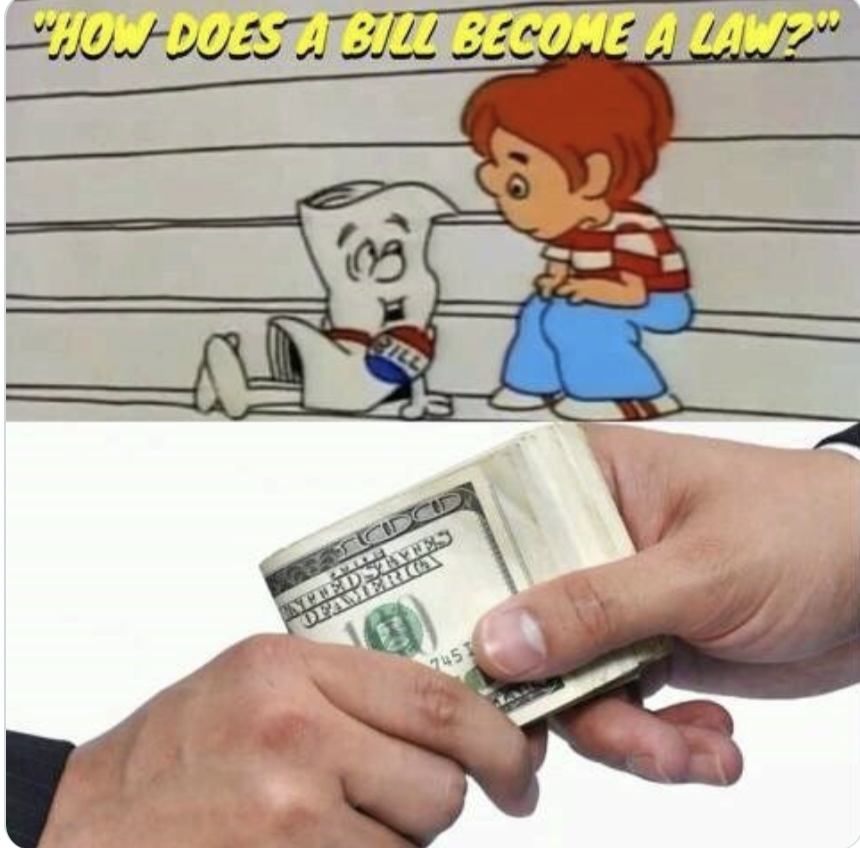
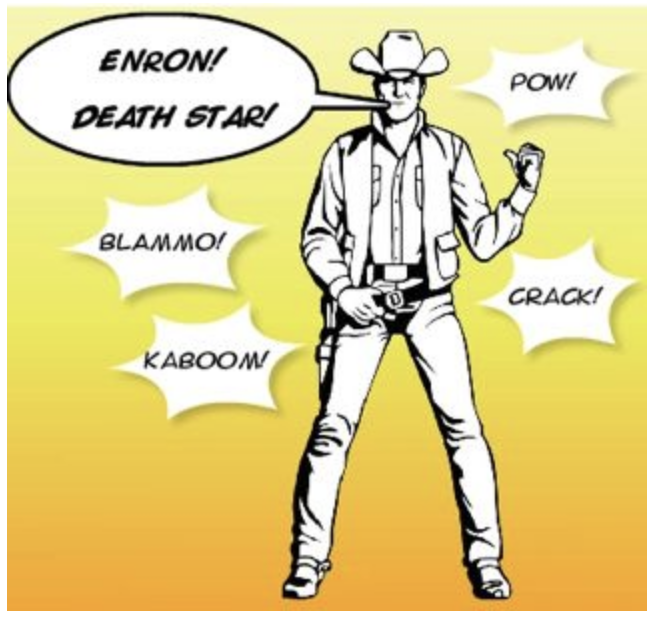
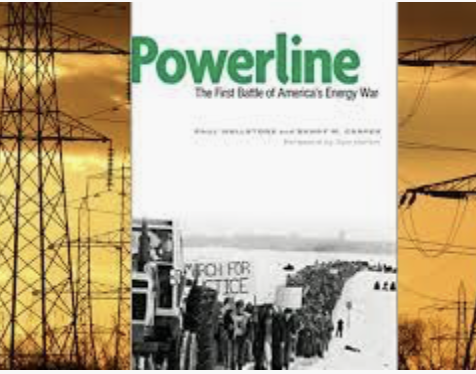
 RSS Feed
RSS Feed